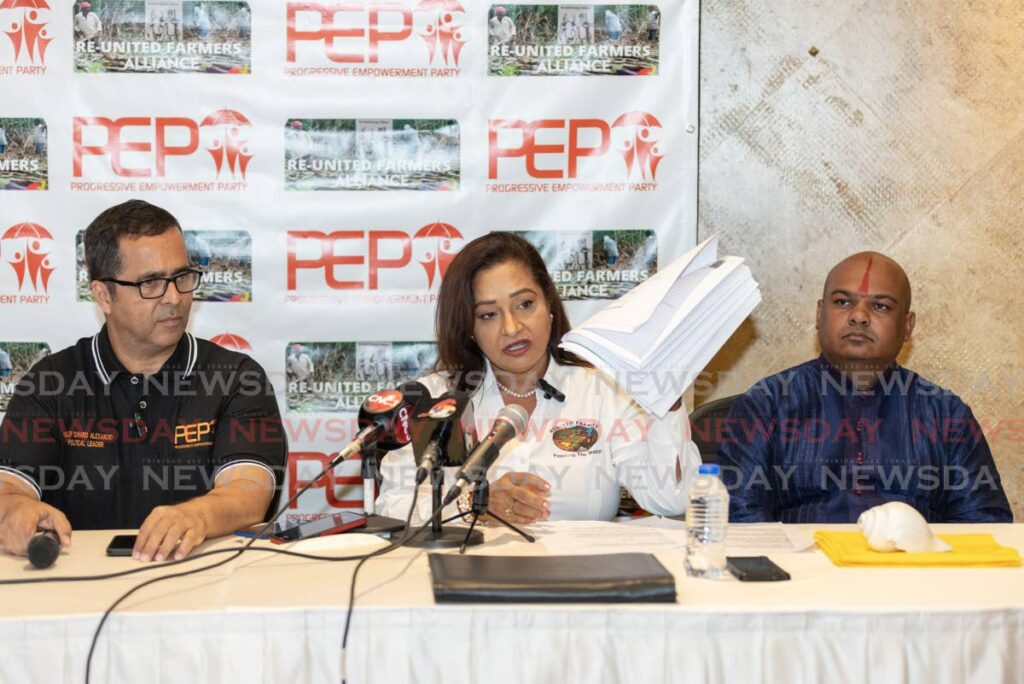Small parties, big problems

SMALL parties are back. The People’s Empowerment Party (PEP) and the Reunited Farmers Alliance (RFA) on Wednesday joined forces. And Opposition Leader Kamla Persad-Bissessar on Monday said the United National Congress (UNC) is willing to partner with others ahead of the local government elections.
Ms Persad-Bissessar’s entreaty has not exactly triggered an avalanche of support. The PEP’s controversial leader Phillip Edward Alexander on Wednesday emphatically shot down any idea of collaboration.
But the Opposition Leader has managed, nonetheless, to breathe new life into the age-old question of the relevance of “third parties.”
There is a good reason why the question keeps coming back.
“There is a percentage of the population who do not vote because they do not feel they belong in the UNC or PNM,” Ms Persad-Bissessar admitted to her party faithful on Monday. “They are left unrepresented.”
The prevailing wisdom is our politics has long ossified into a two-party system, whereby the oldest entities maintain their positions, given their seeming hold on the two largest demographics in the country. The best a smaller party can hope for, in such a scenario, is to be in a coalition.
Yet this country suffers from a crippling lack of imagination when it comes to coalition governments, despite having had several in power.
Ms Persad-Bissessar’s admission of alienation on the part of some is a telling one amid a political culture in which the maximum leader is fanatically worshipped.
Coalition governments have, in the past, routinely fallen prey to this tendency to over-venerate the leader at all costs, a matter Ms Persad-Bissessar might be aware of, given her time as leader of the People’s Partnership.
It is little appreciated, for instance, that dissent on the part of a smaller party within a coalition is a way to keep the power of larger parties in check. Instead, smaller parties, once part of a coalition, fall silent out of fear of being perceived as “mashing up” the government.
There is also rarely any discussion of the many different forms coalitions can take, such as so-called “confidence and supply” arrangements, in which ideologically opposed entities nonetheless agree to collaborate on the bare minimum needed to form a stable government.
Because the margin of victory in some districts in the last local government poll was in the mere hundreds, smaller parties could make an impact in a tight race by splitting the vote. This is what the UNC might have its eyes on.
Meanwhile, the PNM has failed to meaningfully advance the campaign-finance reform needed to widen the circle of political participation.
The result is, while small parties could do some damage, whether they can do more than that and attain real power remains too big a question.


Comments
"Small parties, big problems"